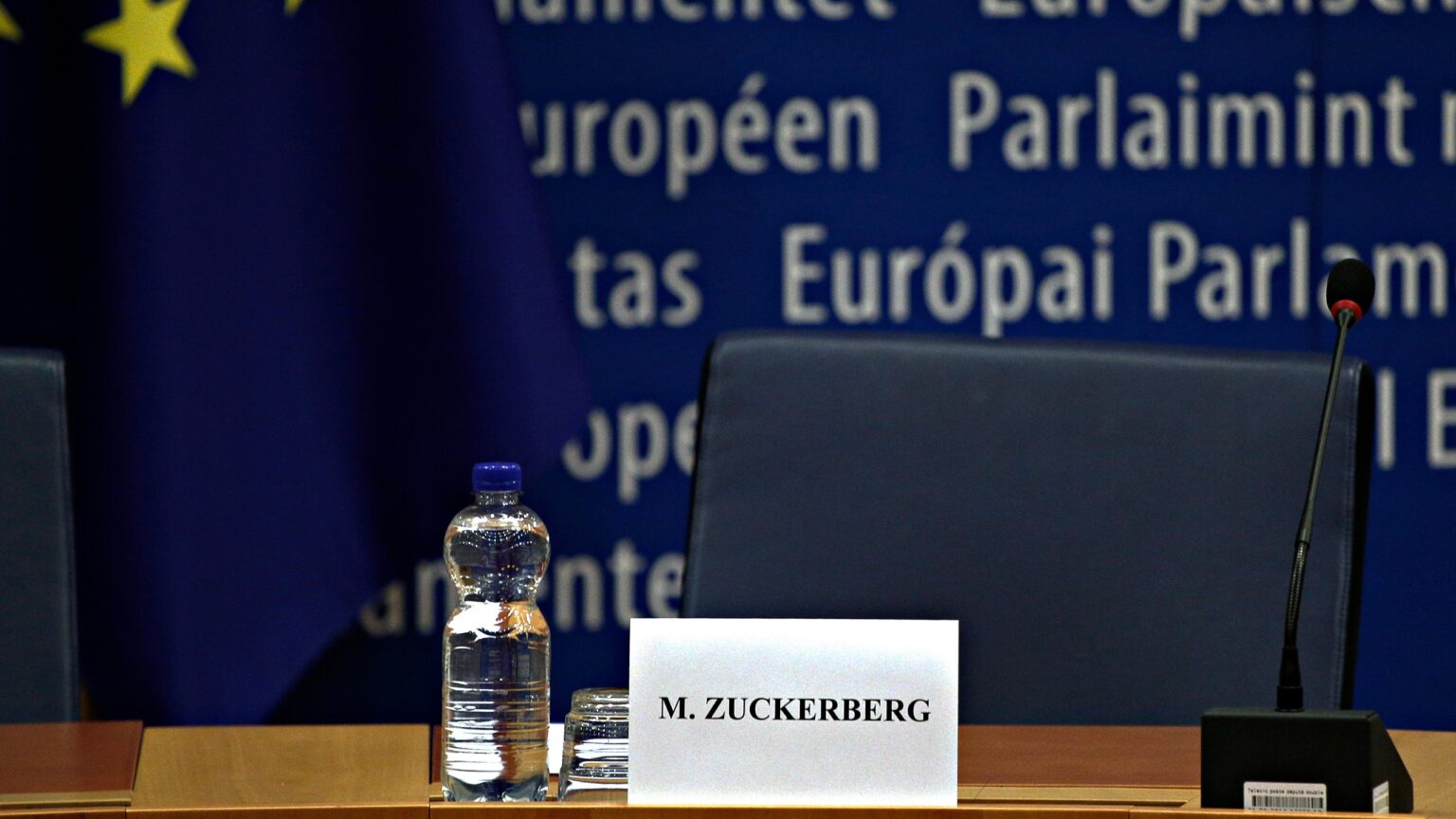The European Union Commission has warned Meta for breaching EU antitrust rules by distorting competition on the markets for online classified ads.
Also read: Microsoft Activision Bid Shakes Gaming
Meta offers an online classifieds ads services which allows users to buy or sell goods and services.
However, the EU Commission is accusing Meta of imposing unfair trading conditions to its own benefit, bowing out competitors.
In a statement, the Commission says Meta abused its market dominance by tying its online classified ads, Facebook Marketplace, to its personal social network Facebook, imposing unfair trading conditions.
The Commission has already issued a statement of objection to Meta for the unfair competition which breaches EU antitrust rules advertising on social media platforms.
Meta risks being fined
Facebook Marketplace was launched in 2016 allowing users in 70 countries to buy and sell goods.
If investigations by the Commission are confirmed, Meta risks being prohibited from such practices which are an infringement on Article 102 of the Treaty on the Functioning of the European Union (‘TFEU’). The TFEU prohibits the abuse of a dominant market position. Companies that breach the antitrust rules risk being fined 10% of their total annual revenue. For the 12 months to September 30, 2022, Meta’s platforms total revenue amounted to $118.1 billion, an increase of 5.5% on prior year period.
Preliminary findings by the Commission show that Meta is dominant for personal social networks which is across Europe and national markets for online display.
“First, Meta ties its online classified ads service Facebook Marketplace with its dominant personal social network Facebook.
This means that users of Facebook automatically have access to Facebook Marketplace, whether they want it or not,” says the Commission in a statement.
“The Commission is concerned that competitors of Facebook Marketplace may be foreclosed as the tie gives Facebook Marketplace a substantial distribution advantage that competitors cannot match.”
Baseless allegations
Meta disputed the allegations.
“The claims made by the European Commission are without foundation,” Meta spokesperson Tim Lamb said in a statement.
“We will continue to work with regulatory authorities to demonstrate that our product innovation is pro-consumer and pro-competitive,” Lamb added.
The EU Commission is also concerned that Meta imposes trading conditions on competing classified ads advertising on its platforms, Facebook and Instagram, adding such conditions are burdensome to competitors.
“The Commission is concerned that the terms and conditions, which authorize Meta to use ads-related data derived from competitors for the benefit of Facebook Marketplace, are unjustified, disproportionate and not necessary for the provision of online display advertising services on Meta’s platforms,” adds the Commission.
A statement of objection is the formal step in investigations into suspected EU antitrust rules violations.
The Commission started formal proceedings into possible trade misconduct by Meta on June 4, 2021. The duration of the investigation will be determined by a number of factors, among them the complexity of the case.









 and then
and then